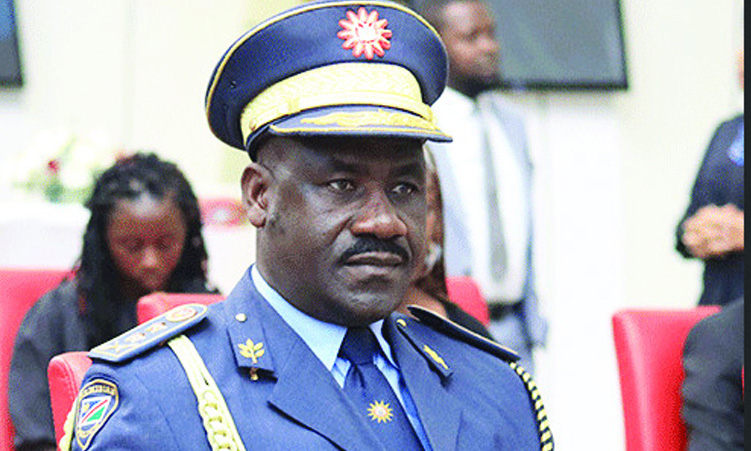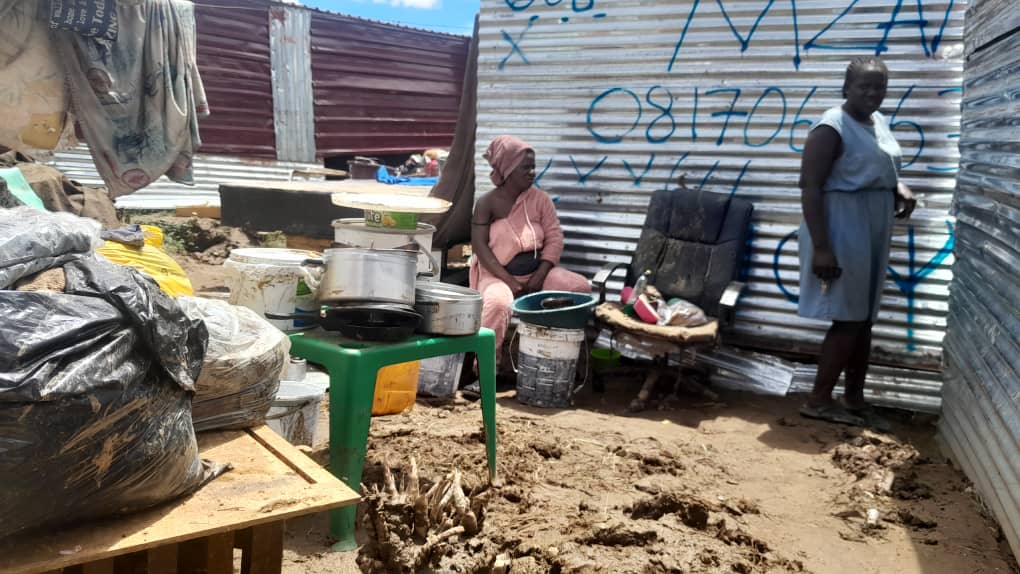Namibia Police inspector general Joseph Shikongo said among the factors contributing to human trafficking in Namibia is the country’s high rate of poverty and unemployment, which causes families to sell their children to traffickers to generate income.
Consequently, these children end up being sexually exploited and execute forced labour, Shikongo said.
He was speaking at the official opening of a training workshop on trafficking in persons and smuggling migrants in Windhoek on Monday.
He said Namibia has recorded and investigated 102 human trafficking cases, of which 27 cases are on the court roll since 2010 to date.
“Statistics may not necessarily be a reflection of the reality on the ground. However, it is evident that Namibia is a source, transit and destination country for trafficking in persons,” Shikongo said.
He noted that the increase is particularly fuelled by perpetrators in urban areas who lure minor children from rural areas with promises of better education and employment opportunities, among other factors.
Shikongo said previously, cross-border trafficking cases which involved Namibians were mostly linked to employment of undocumented adults and children mostly from neighbouring countries like Angola, Zambia and Zimbabwe, as cattle herders, street vendors and domestic workers.
As part of police efforts to address the scourge of trafficking in persons, the Namibian government has made commendable strides to protect the rights of victims through legal instruments such as the Combating of Trafficking in Persons Act 2018 (Act No. 2 of 2018) and Prevention of Organised Crime Act of 2023 (Act No. 2 of 2023), he said.
“Although Namibia was ranked a tier one country for meeting the minimum standards in 2020, the United States report on trafficking for 2023 indicated that Namibia does not meet standards for the elimination of persons for the year under review,” he said.
CONVICTIONS
Namibia secured its first conviction for trafficking in persons in August 2015.
According to a report by the United Nations Office on Drugs and Crime (UNODC), in August 2015 the Windhoek High Court handed down the country’s first conviction under the Prevention of Organised Crime Act, which made trafficking in persons a criminal offence in its own right.
While trafficking in persons occurs all over the world with millions of victims being exploited by criminals, conviction rates remain low.
In August international relations and cooperation minister Netumbo Nandi-Ndaitwah said 38 human trafficking cases were under investigation at the time, with 24 being tried and five having been submitted to the prosecutor general for decision-making.
She said 60 victims, including men, women and children, have been assisted.
“In 2022/23, 10 victims were repatriated safely to Namibia, and the other 10 were repatriated to their countries of origin,” she said.
According to the 2023 Trafficking in Persons Report, the Namibian government does not fully meet the minimum standards for the elimination of trafficking, but is making significant efforts to do so.
These efforts included identifying more victims and providing assistance for a large influx of male trafficking victims; repatriating Namibian victims exploited abroad; and providing anti-trafficking training to law enforcement officers and members of the judiciary.
The report added that human traffickers exploit domestic and foreign victims in Namibia, and traffickers exploit victims from Namibia abroad. Some victims are initially offered legitimate work by recruiters for adequate wages, but then traffickers subject them to forced labour in urban centres and on commercial farms. Traffickers also subject Namibian children to sex trafficking and forced labour in agriculture, cattle herding and domestic service.
LIMITED MARKET
According to the Africa Organised Crime Index, a market for human trafficking exists in Namibia, but is not widespread.
It is generally confined to specific groups, such as the San and the Zemba, as well as to particular areas, such as Windhoek and Walvis Bay.
A multidimensional tool which measures both the level of countries’ criminality and their resilience to organised crime states that children are most at risk and are trafficked mainly for forced agricultural labour and sex work.
Several instances of missing children who had travelled into Zambia through unofficial border crossings indicate potential cases of human trafficking.
“Voluntary migration via smuggling routes takes place, but is uncommon. A number of Congolese nationals were accused of smuggling people into Namibia in 2018, and migration to Zimbabwe has increased, but overall, the human smuggling market in Namibia remains limited,” the index states.
Stay informed with The Namibian – your source for credible journalism. Get in-depth reporting and opinions for
only N$85 a month. Invest in journalism, invest in democracy –
Subscribe Now!








